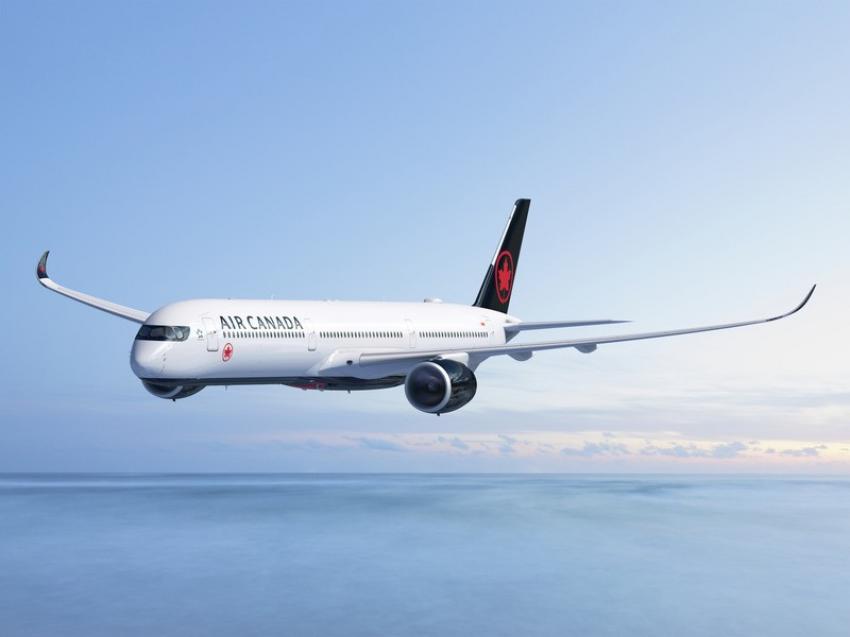By Amit Dasgupta | @notintownlive | 07 Nov 2018, 12:21 pm

Over several decades, the US and the UK were the preferred destinations of Indian students for higher studies. Great universities and the promise of a better life were the magic draw. However, the last decade has seen this attraction transform into a veritable surge. With the growth in the middle class and thus the ability to pay for foreign education, the numbers of Indian students going abroad for education has exponentially increased.
Data suggests that this trend would continue for at least another decade, which is the estimated time when India’s education revolution takes deep roots. Till then, a ‘push-factor’ would see the migration of Indian students to foreign shores.
It is also interesting that, earlier, international universities saw India essentially as a post-grad market. This has changed with increasing numbers of under-grad students also going abroad for higher studies.
It is furthermore interesting that the traditional destinations, such as, the US and the UK have quickly lost their charm and students have started discovering other destinations, especially, Australia, New Zealand, Canada, Singapore and even, Ireland.
Several factors are behind the push-factor:
India’s Demand-Supply Mismatch: Indian higher education institutions are not able to satisfy the rapidly growing tertiary student population. Quality education is being sacrificed for seats in substandard facilities. The government recognizes this and has made a strong push through a vocational training and skilling programme so that it might tap into its demographic dividend. On-line courses are becoming hugely popular and India might well emerge as the world’s strongest advocates for the online platform. This, however, is not going to be taken advantage of by those who can afford a foreign education, who would find themselves ‘pushed out’ to study abroad.
A Futuristic Pedagogy: Internationally ranked educational institutions are known for their futuristic approach to learning. This is visible not only through the diversity in programmes and dual-degree options but also the real-world focus of the pedagogy. Team building, decision-making, strategy, gap analysis and risk assessments are a constant focus through the curricula. Furthermore, the pedagogy is delivered in a strong multicultural environment. This insistence on developing human skills creates the sort of employees that are sought after.
The twin pillars: Great universities do not focus on education or research but on both with equal emphasis. They refer to this as the twin pillars of their USP. In their view, the core purpose behind education is to transform lives and indeed, to transform the future. The future needs to be a quantum leap for the better both in terms of economic and social well-being. The University of New South Wales, Sydney (UNSW) refers to this in their Vision Document and as a Grand Challenge.
These factors could range from a huge and bustling campus, varied and reasonable on-campus as well as off-campus accommodation services and support, to other well-organised facilities within the campus that include a library, gymnasium, computer laboratories, cafeteria, and many more. Most universities in these first-world countries thus offer an online tour to Indian students as it is one of the best ways for them to get an idea of what their life would be like on-campus in an institution abroad.
These have been strong ‘pull-factors’ that have complemented the push-factor. Both, the students and their parents, see a strong return on investment. This has led to the growing attractiveness of Australia as a higher education destination. Furthermore, the great city of Sydney has garnered immense popularity over the last few years for being home to a melting pot of cultures. For a student, this offers not only a great learning experience but an outstanding living experience as well.
Australian universities realize this. The University of New South Wales (UNSW) has been in the forefront in its outreach programme in India. It has rooted this through strong partnership programmes and a commitment to collaborate on India’s developmental aspirations. In December this year, it would partner with the prestigious TERI to co-create GRIHA, India’s premier sustainable housing summit.
Research and joint projects would come together to work on design solutions for India’s pressing urbanization challenges, such as, waste management, eco-housing, air pollution, smart transport, etc.
At the same time, UNSW is reaching out to India’s young demography with offers of world-class education at its campus with a singular focus on employability. An extraordinary outreach through the dramatic use of technology and career counselling would be showcased from November 18-23 through the India Open Days in four major cities - Mumbai, Delhi, Chennai and Pune.
(Amit Dasgupta, a former Indian ambassador, is the inaugural India Country Director for UNSW)
- Ind.AI: Sovereignty, jobs, energy and the “What If?”
- Diabetes, muscle loss and the illusion of quick fixes: Why lifestyle correction—not shortcuts—remains our strongest medicine
- Kolkata: Rotary honours Padmashri 2026 awardee Pandit Tarun Bhattacharya
- Kolkata: Rotary Club of Calcutta Pointers, Indian Cancer Society host cancer awareness, screening camp
- ‘This Union budget is about building capacity, not chasing short-term consumption’
- AI will replace surgeons, coders — and billions of jobs, warns Sraddhalu Ranade at MCHD-SKC Memorial Lecture
- Religion without servility: Journalist Anshul Chaturvedi on why Vivekananda speaks to believers and atheists alike
- Culturist Sundeep Bhutoria unveils anthology When Gods Don't Matter at Jaipur LitFest 2026
- Kolkata CP urges elderly to stay alert against digital scams at ‘Pronam’ interaction
- Sona Incubations, Salem picks 17 startups for Rs 11 Mn DST investment, grant
Montreal: Air Canada will expand its Mexico network this summer, increasing seat capacity by 18% compared with last year and launching a new year-round route between Montréal and Guadalajara.
Tata Group-owned Air India and Lufthansa Group on Tuesday signed a landmark Memorandum of Understanding (MoU), establishing the framework for a joint business agreement between Air India's and Lufthansa Group’s carriers and subsidiaries, including Air India Express, Austrian Airlines, Brussels Airlines, ITA Airways, Lufthansa, Swiss International Air Lines (SWISS), and other affiliated airlines.
ixigo, India’s leading AI-based travel platform, has introduced Airport Cabs, a new service that allows travellers to book reliable and cost-effective cabs to and from major airports across the country.





